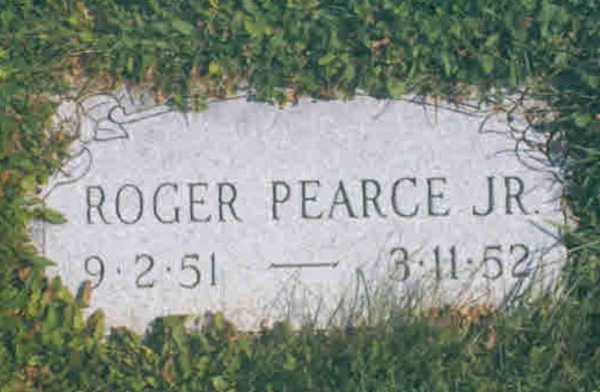'How many more riots will it take before the Supreme Court changes course?' Chemerinsky asks

Erwin Chemerinsky.
If the Ferguson, Missouri, police officer who shot Michael Brown is found to have acted improperly, it could be difficult to hold him accountable in a civil rights suit.
Writing in the New York Times, University of California at Irvine law dean Erwin Chemerinsky says the U.S. Supreme Court is to blame. “When the police kill or injure innocent people,” he writes, “the victims rarely have recourse.”
He points to Plumhoff v. Rickard, a unanimous May 27 Supreme Court decision on behalf of police who fired 15 shots at a car that sped away after the driver was pulled over for an inoperative headlight. The car reached speeds as high as 100 miles an hour. Both the driver and a passenger were killed.
The Supreme Court said the driver’s conduct posed “a grave safety risk,” and police were justified in firing at the suspect until the threat ended. Even if there was a Fourth Amendment violation, the court said, officers were protected by qualified immunity because there was no clear constitutional error. Chemerinsky previously wrote about the case for ABAJournal.com.
The Supreme Court has also weakened accountability by holding that a local government can be held accountable only if its own policy violated the Constitution, Chemerinsky says. Because it is difficult to hold governments liable, most victims of police misconduct must sue officers instead. In a 2011 case, the Supreme Court ruled that police officers who are protected by qualified immunity can be liable only if “every reasonable official” would have known that his conduct was unlawful.
That means the officer who shot Michael Brown can be held liable only if every reasonable officer would have known that the shooting constituted the use of excessive force and was not self-defense, Chemerinsky says. “How many more deaths and how many more riots will it take before the Supreme Court changes course?” he asks.
A criminal prosecution for excessive force by a police officer is also difficult, the Washington Post reports. An officer may use deadly force if he or she reasonably believed at the time there was an imminent danger to himself or others, the Post says.
In Missouri and most other states, police are taught to use deadly force if a suspect tries to grab an officer’s gun, the story says.
Anthony Rothert, legal director of the American Civil Liberties Union of Missouri Foundation, spoke with the Washington Post about the legal standards. “The reality,” he said, “is that the police often use excessive force, including sometimes deadly, and are rarely held criminally or civilly liable.”



